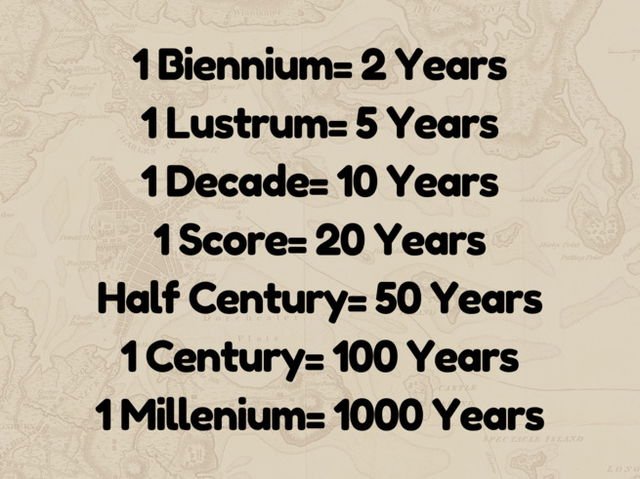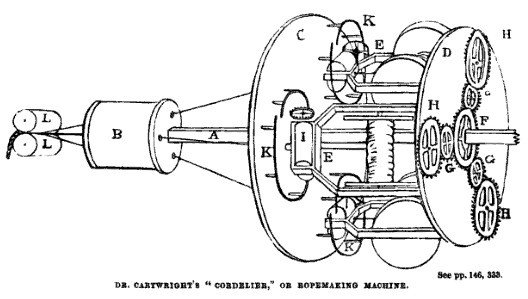A century spans 100 years – a significant chunk of time that witnesses the ebb and flow of civilizations, the rise and fall of empires, and the evolution of societies. But have you ever stopped to ponder the true essence of this formidable timeframe? How long is a century in the grand scheme of history, and how does it shape our perspectives on the passage of time? Join us as we delve into the depths of this temporal concept, unraveling its complexities and exploring its profound impact on our understanding of the world around us.
How Long is a Century: Exploring 100 Years of Time
Welcome, curious minds! Have you ever wondered just how long a century really is? A century is not just any ordinary span of time; it represents a significant chunk of history, filled with fascinating events, people, and changes. In this blog post, we will delve into the concept of a century, unraveling its mysteries and understanding its significance. So, let’s embark on this journey together and explore the depths of a century!
The Concept of Time
Before we dive into the specifics of a century, let’s take a moment to ponder the broader concept of time. Time is a fascinating thing that helps us measure the duration of events and occurrences. It allows us to understand the past, live in the present, and dream about the future. Without time, everything would be chaotic, and we would have no way of organizing our lives.
One of the ways we measure time is through units like seconds, minutes, hours, days, years, and centuries. Each of these units serves a unique purpose in helping us grasp the passage of time. Today, our focus is on centuries, a unit that holds a special place in history and our collective consciousness.
Defining a Century
So, what exactly is a century? Simply put, a century is a period of 100 years. It’s like a giant chapter in the book of time, encompassing a wealth of experiences, achievements, and changes. When we talk about a century, we are referring to a significant stretch of time that leaves its mark on the world in various ways.
Centuries are often used to frame historical events, cultural movements, and technological advancements. For example, the 20th century saw rapid industrialization, two world wars, the space race, and the rise of the digital age. Each century has its own unique story to tell, shaping the course of human civilization.
Exploring Centuries Through History
Now, let’s take a journey through time and explore some of the most notable centuries in history. From ancient civilizations to modern times, each century has contributed to the rich tapestry of human existence.
Ancient Civilizations (3000 BCE – 2000 BCE)
The period of 3000 BCE to 2000 BCE marked the rise of mighty civilizations like the Egyptians, Mesopotamians, and the Indus Valley people. These ancient societies laid the foundation for future developments in art, architecture, agriculture, and governance. It was a time of great innovation and cultural flourishing.
The Renaissance (14th – 17th Century)
The Renaissance period, spanning from the 14th to the 17th century, was a time of rebirth and enlightenment in Europe. It witnessed a revival of interest in art, literature, science, and philosophy. Visionaries like Leonardo da Vinci, Michelangelo, and Galileo Galilei emerged during this period, leaving an indelible mark on history.
The Industrial Revolution (18th – 19th Century)
The 18th and 19th centuries ushered in the era of the Industrial Revolution, transforming societies through mechanization, urbanization, and industrialization. Innovations like the steam engine, cotton gin, and telegraph revolutionized the way people lived and worked. This period laid the groundwork for the modern world we inhabit today.
The Significance of Centuries
Centuries serve as important markers in our understanding of history and the passage of time. They allow us to organize events, movements, and changes into meaningful blocks, making it easier to study and analyze various periods in human history. By studying centuries, we can gain insights into the patterns of progress, innovation, and evolution that have shaped our world.
Moreover, centuries provide us with a sense of perspective, showing us how far we have come as a species and highlighting the challenges and triumphs that have defined each era. They remind us that time is not just a linear progression but a tapestry of interconnected moments that weave together to form the fabric of our collective story.
In conclusion, a century is not just a number; it’s a window into the past, present, and future. It encapsulates the essence of time, allowing us to reflect on our journey as individuals and as a society. By understanding the significance of centuries, we can appreciate the beauty and complexity of history, realizing that each moment is a piece of a larger puzzle.
So, the next time you hear the term “century,” remember that it represents more than just 100 years—it symbolizes a chapter in the grand narrative of time. Embrace the richness of each century, and let its stories inspire you to explore the depths of history and the wonders of the world around you.
Thank you for joining us on this exploration of how long a century truly is. May you cherish each moment as a gift from the past, a glimpse of the present, and a promise for the future. Until next time, keep wondering, keep learning, and keep embracing the mysteries of time!
Years!!! How many years of decade, century, millennium!!! 👍
Frequently Asked Questions
How long is a century?
A century is a period of 100 years.
What is the significance of a century in time measurement?
A century is important because it provides a convenient way to track and refer to significant periods of time in history and various fields of study.
How does a century compare to a decade?
A century is comprised of ten decades. Each decade consists of 10 years, so a century covers a span of 100 years compared to a decade’s 10-year duration.
Final Thoughts
A century spans 100 years, marking a significant timeframe in history. Understanding how long a century is helps contextualize events and cultural changes. It serves as a unit of measurement to reflect on progress and evolution. Knowing how long a century is allows us to appreciate the passage of time and acknowledge the impact of each era on our present reality.




